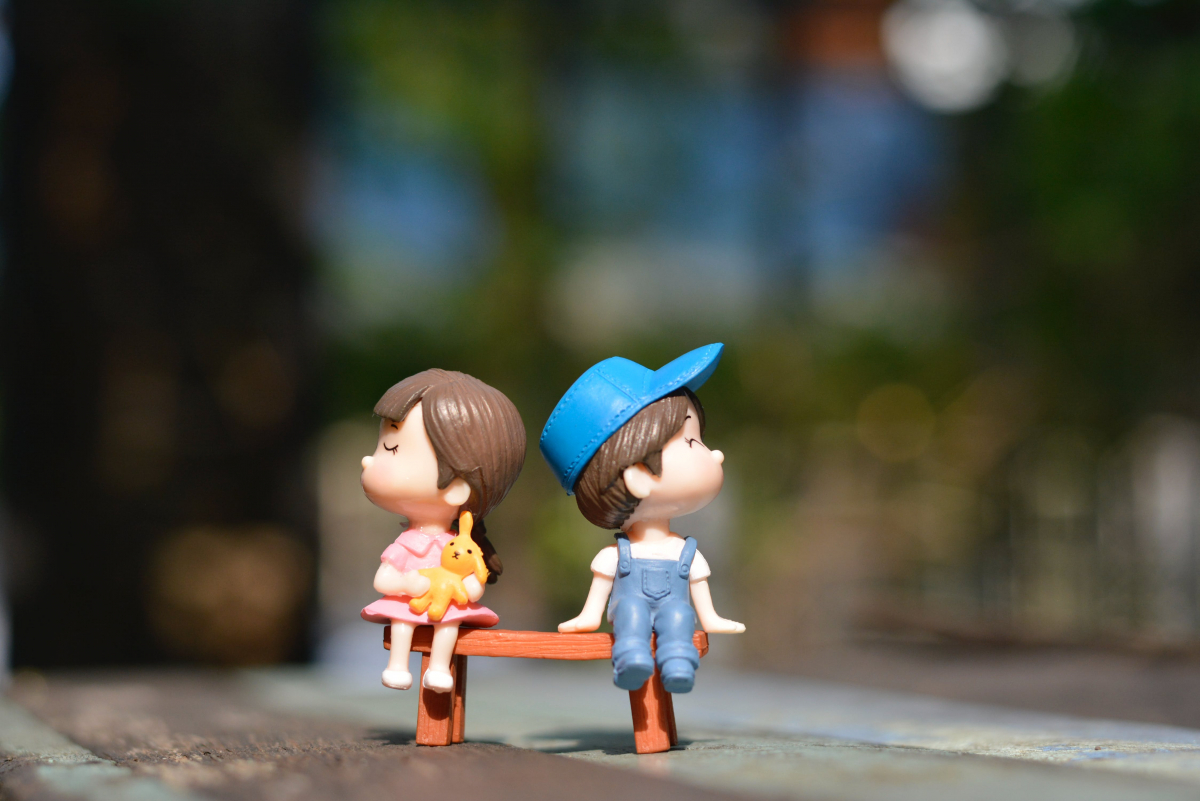Every child has the legitimate need to be heard, seen, understood, and mirrored by the caregiver (parents, and in most cases, by Mother). If the caregiver isn’t present with the child because of her own unsolved inner fractures (for example, perhaps she is using the child to get attention from the absent husband, or she is struggling with addiction or other turbulent life scenarios, or more fundamentally and likely, she is too obsessed with herself and taking the child as her extension to fulfill the unmet needs from her own absent mother), more often than not, the child would become the tool to validate the caregiver’s shattered ego.
These children often grow into high achievers in their early adulthood, with a strong sense of adaptiveness and fitting into this world pretty well. It is because they have been well trained to take care of their caregiver or siblings by suppressing their own needs and wants.
However, along with their “achievements,” it’s easy to observe a pattern where they shift between grandiosity and depression - it almost feels like a curse. Depression and grandiosity are the two sides of the same coin - lack of Self. They share the same root as well - not being loved by the original caregiver and both in denial of Self.
In clinical practice, it’s really not uncommon to see how “raw” it can feel for them to explore their own inner world for the first time no matter how skilled they are when it comes to “conquering this world.” They will have to face the truth at some point in their life that the inner world hasn’t been developed yet.
These children, very likely, would have their lifelong search for closeness and contact that had never been met in infancy and had become repressed. And the whole pattern will keep repeating itself when they become parents.
“The greatest of wounds—not to have been loved (by Mother) just as one truly was—cannot heal without the work of mourning. It can be either more or less successfully resisted and covered up (as in grandiosity and depression), or constantly torn open again in the compulsion to repeat.” (Alice Miller, 1979)
To Our Inner Child
The lucky people are empowered by their loved childhood, while the unlucky ones spend their entire lives compensating for their lost childhood.

